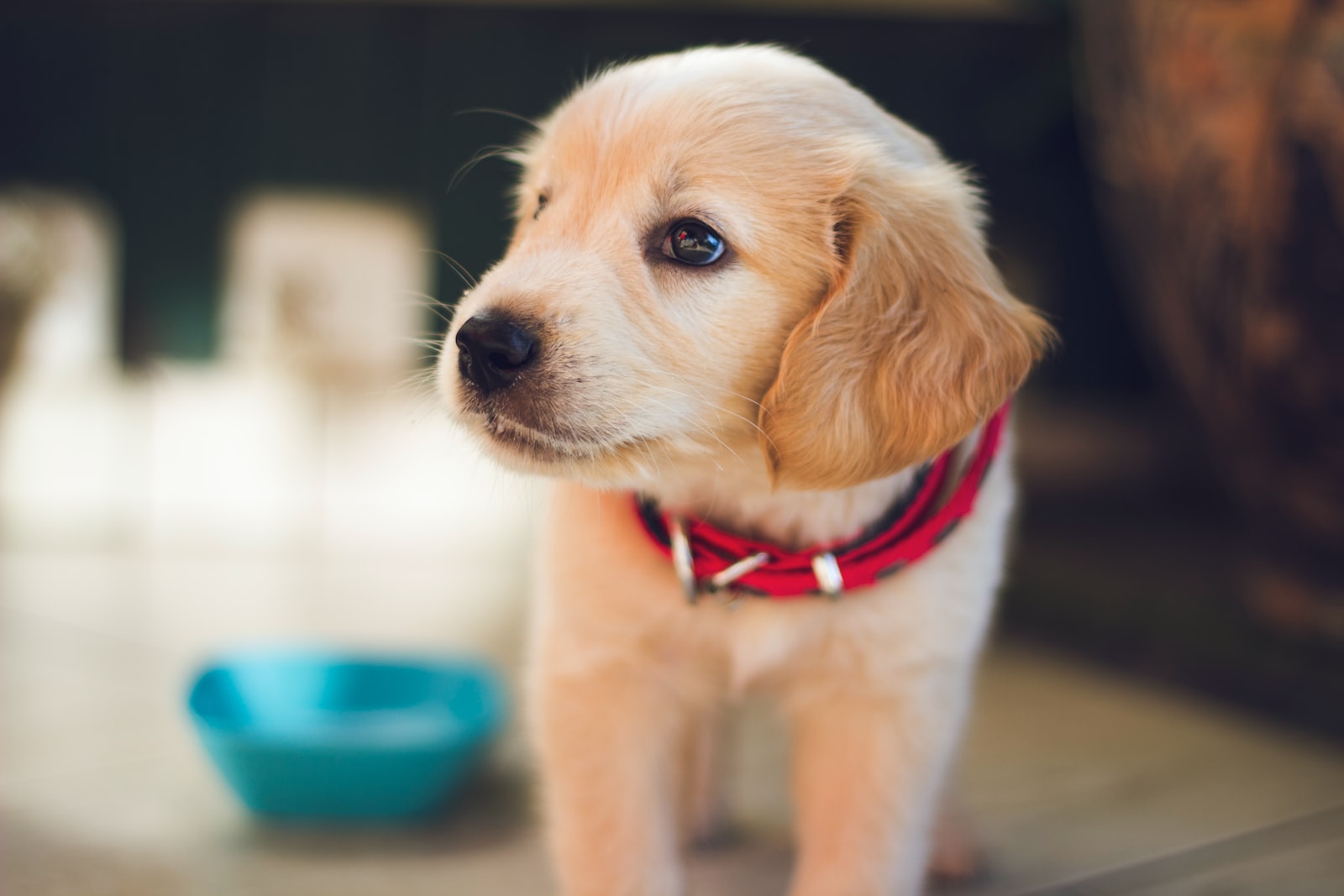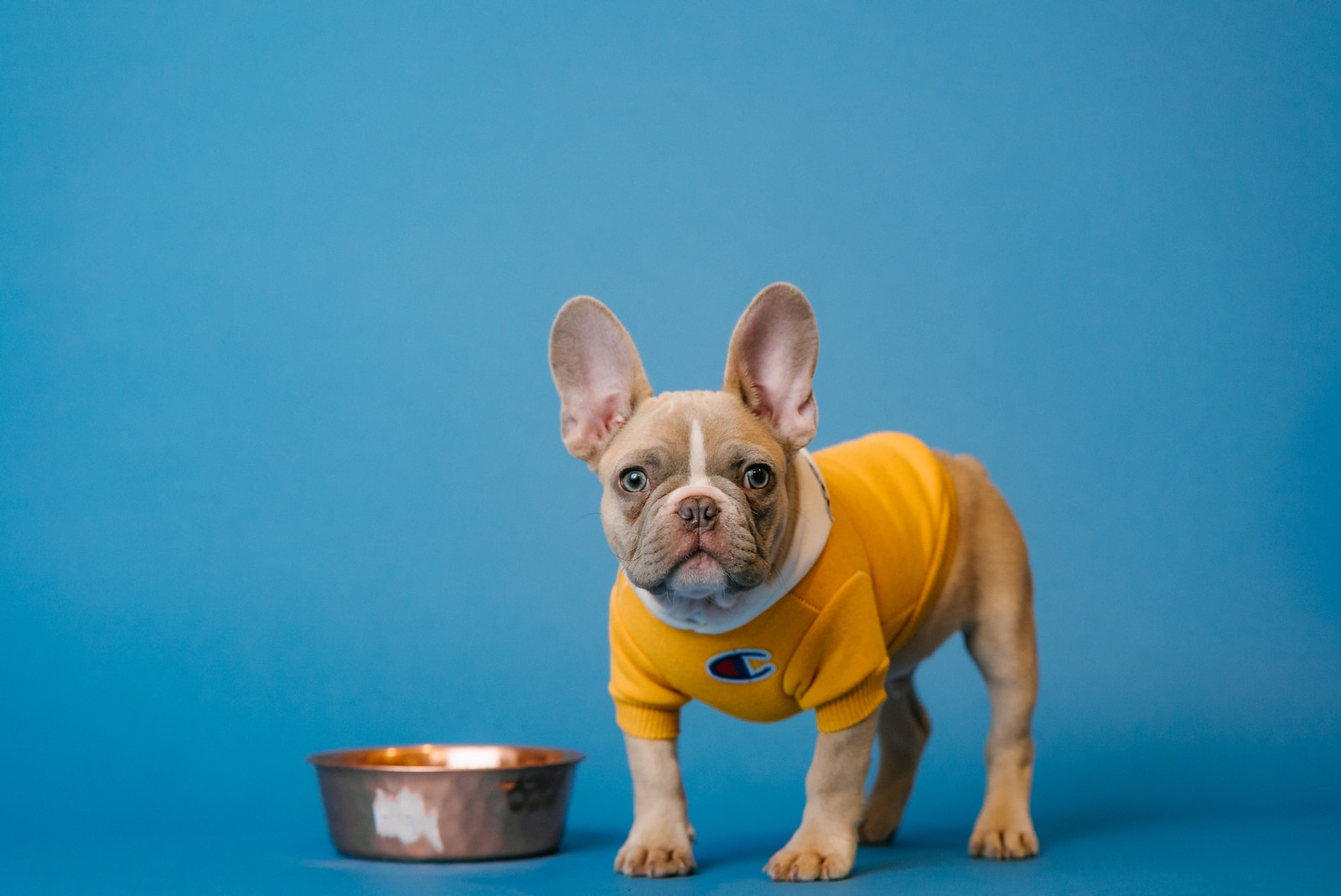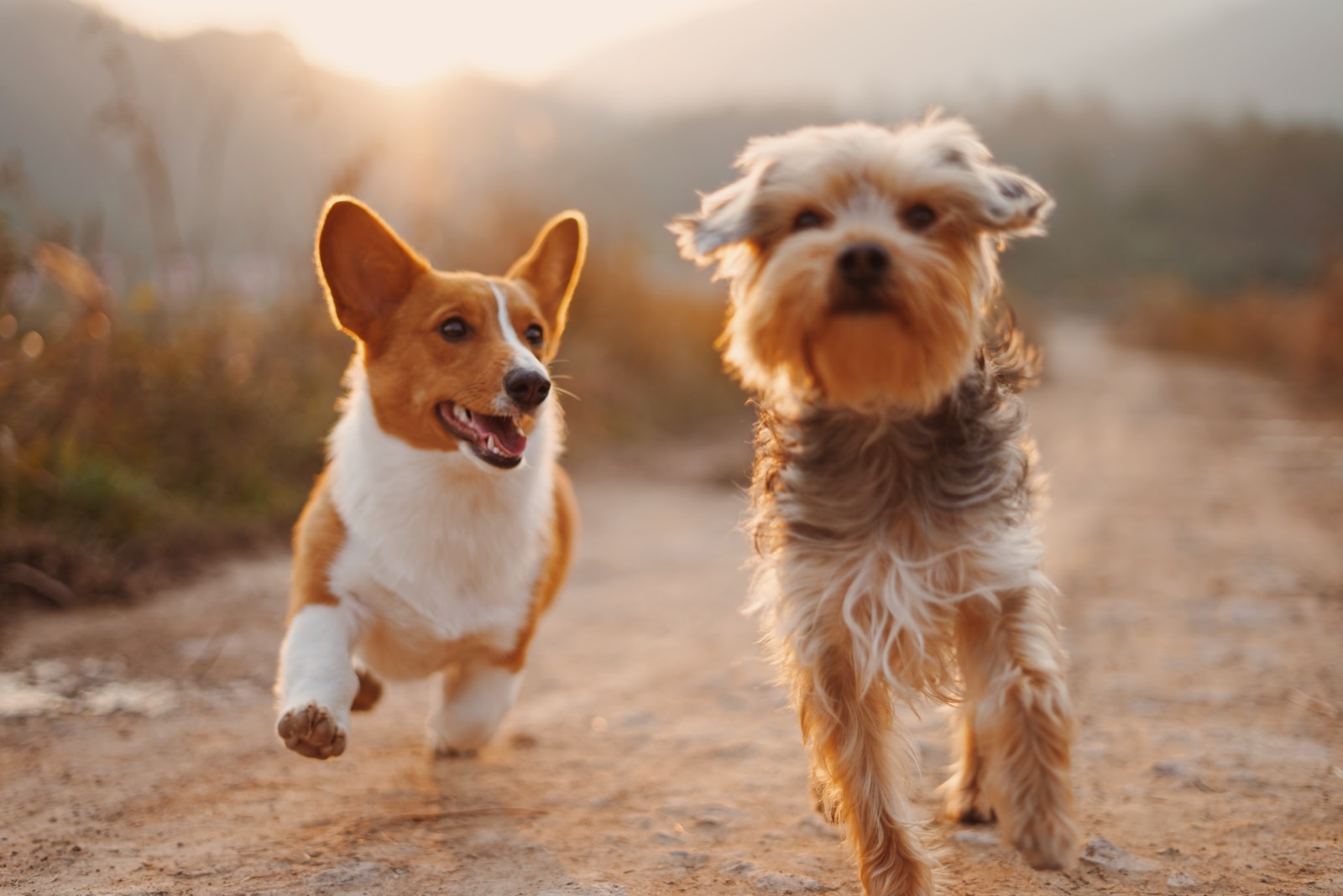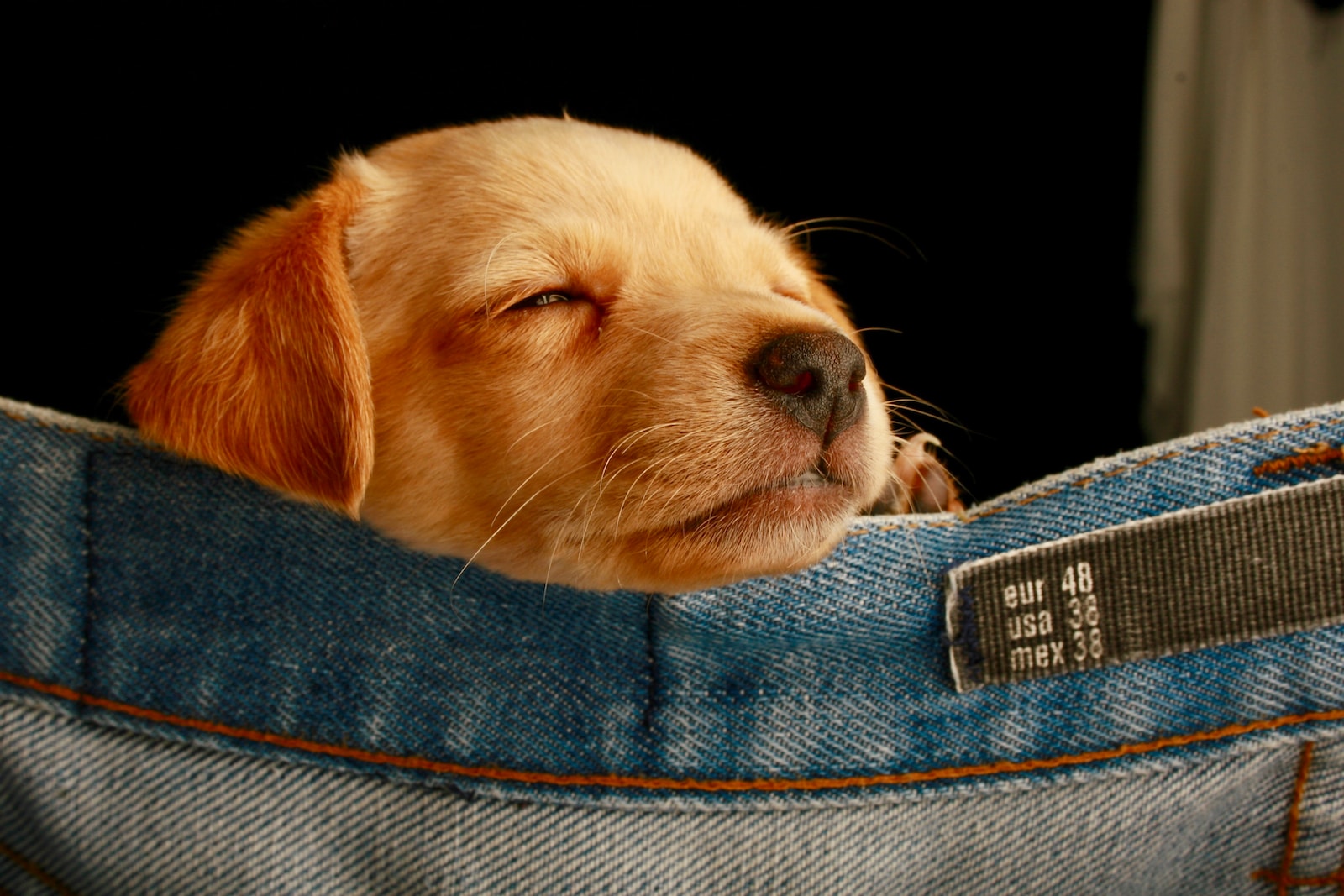Separation anxiety in puppies is a common issue that many pet owners face. Puppies can become anxious when left alone, leading to destructive behaviors and excessive stress. Fortunately, there are ways to address and prevent puppy anxiety, helping your furry companion feel more at ease when you’re not around. In this post, we’ll discuss how to prevent puppy separation anxiety, and provide tips for managing existing symptoms.
Start Early with Gradual Separation
The best way to prevent separation anxiety in puppies is to start early by introducing gradual periods of separation:
- Begin by leaving your puppy alone for short periods, gradually increasing the duration over time.
- Use a crate or a designated safe space to help your puppy feel secure when you’re not around.
- Establish a consistent routine to help your puppy understand when you’ll be leaving and returning.
Create Positive Associations with Alone Time
To prevent and manage puppy anxiety, it’s important to create positive associations with your absence:
- Offer your puppy special treats or toys that they only receive when you’re away.
- Use puzzle toys or treat-dispensing devices to keep your puppy occupied while you’re gone.
- Avoid making a big fuss when leaving or returning home, as this can heighten your puppy’s anxiety.
Ensure Sufficient Physical and Mental Stimulation
Providing adequate physical and mental stimulation is crucial for preventing separation anxiety in puppies:
- Ensure your puppy gets plenty of exercise and playtime to burn off energy and reduce anxiety.
- Engage your puppy in mental stimulation activities, such as training or puzzle toys, to keep their minds sharp and occupied.
Implement Training Techniques to Manage Anxiety
If your puppy is already experiencing separation anxiety, there are training techniques that can help manage their symptoms:
- Practice “desensitization” by exposing your puppy to short departures and gradually increasing the duration.
- Teach your puppy the “stay” command, encouraging them to remain calm and relaxed when you’re not in the same room.
- Consider working with a professional dog trainer or behaviorist to develop a tailored plan for managing your puppy’s anxiety.
Consider Medication or Natural Remedies (if necessary)
In some cases, medication or natural remedies may be necessary to manage severe separation anxiety in puppies:
- Consult your veterinarian to discuss whether medication or natural remedies are appropriate for your puppy.
- Always follow your veterinarian’s recommendations and dosage instructions for any prescribed medications or supplements.
Conclusion: Dealing with puppy anxiety can be challenging, but with patience and consistency, you can help your furry companion feel more relaxed when you’re not around. By implementing these tips for preventing and managing separation anxiety in puppies, you’ll create a happier, healthier environment for both you and your pet. Remember, it’s essential to address separation anxiety early to ensure the well-being of your puppy as they grow into adulthood.



